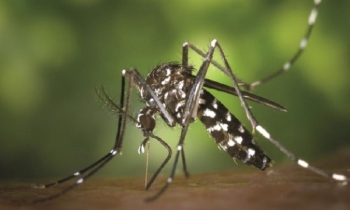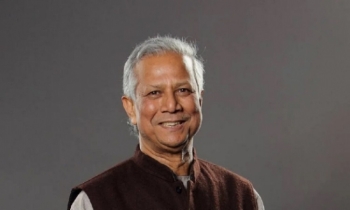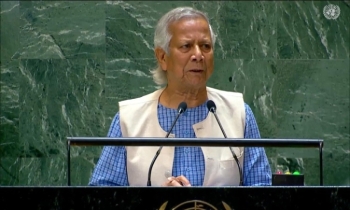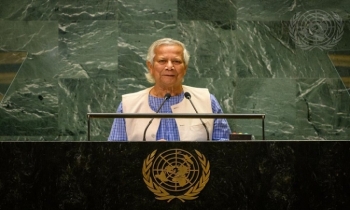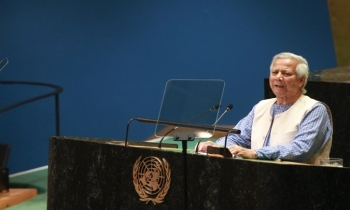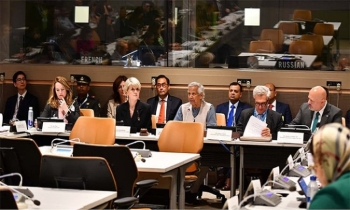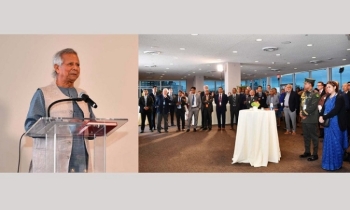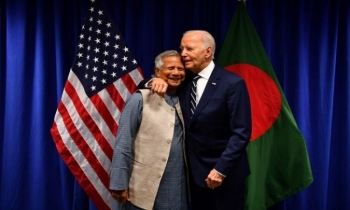Covid-19 marginalises fishing communities in Bangladesh
BI Report || BusinessInsider
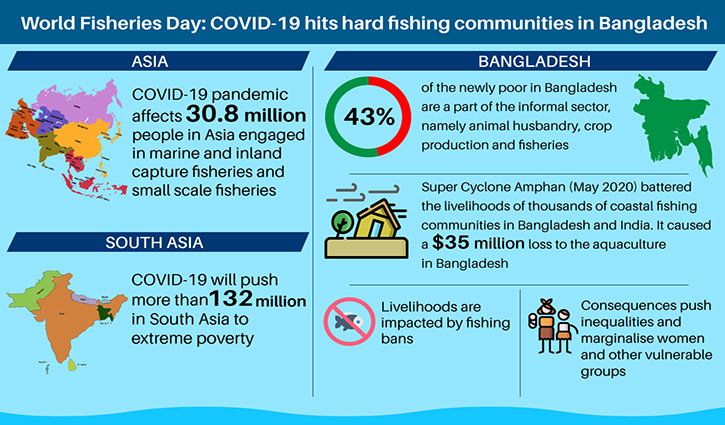
Covid-19 marginalises fishing communities in Bangladesh
As the World Fisheries Day is being celebrated across the globe today (21 November), fishing communities here in Bangladesh are not well since the Covid-19 pandemic has badly affected their lives and livelihoods.
Even amid this ravaging pandemic, the Super Cyclone Amphan in May this year battered the livelihoods of thousands of coastal fishing communities in Bangladesh and India; it alone caused a $35 million loss to the aquaculture in Bangladesh, said Jyotiraj Patra, project manager of the Transboundary Rivers of South Asia (TROSA) at Oxfam.
He also said more than 43% of the newly poor in Bangladesh are a part of the informal sector that includes fisheries alongside animal husbandry and crop production.
The United Nations Economic and Social Commission for Asia and the Pacific (UNESCAP) in its recent report also warned that the jobs and livelihood loss due to Covid-19 will push more than 132 million in South Asia to extreme poverty – further worsening the existing inequalities and leading to further marginalisation of women and other vulnerable groups.
“These unforeseen challenges are further compounded by the loss of livelihoods for thousands of fishing communities due to seasonal fishing bans aimed at protecting and conserving spawning fish,” Patra said in his blog post.
In most of the cases, these bans are administered without adequate and timely social protection and safety net measures, he observed.
For example, Patra pointed out, Bangladesh’s annual 65 days fishing bans in 2019 affected almost half a million and in the peak season this year, many of them could not find Hilsa – the most prized fish in the region.
Referring to the complex context of the pandemic-induced economic shocks and climate-induced natural hazards, and declining fish stocks in the Bay of Bengal and rising inequality in South Asia, TROSA project manager Patra said: “We need to have a fresh look at the fisheries in the region and work towards a more coherent, inclusive, multi-stakeholder and regional approach to fisheries governance.”

